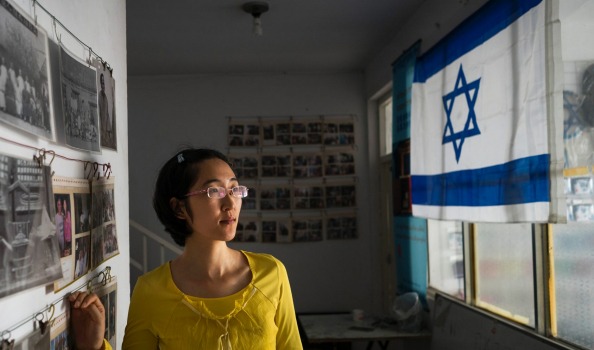The rooms where ruddy-faced Chinese men and women once assembled to pray in Hebrew and Mandarin are silent. Signs and exhibits that celebrated centuries of Jewish life have disappeared. An ancient well, believed to be the last visible remnant of a long-demolished synagogue, was recently buried under concrete and a pile of earth. This is Kaifeng, north-eastern China.
After locking down Buddhist monasteries in Tibet and tearing down church crosses in eastern China, President Xi Jinping’s campaign against unapproved religion and foreign influence has turned to an unlikely adversary: a small group of Jews whose ancestors settled in this now faded imperial city near the banks of the Yellow River more than 1000 years ago.
A few hundred residents had staged a lively, sometimes contentious rebirth of Kaifeng’s Jewish heritage in recent decades, with classes, services and proposals to rebuild the lost synagogue as a museum. Some residents even migrated to Israel. For years, the city government tolerated their activities, seeing the Jewish link as a magnet for tourism and investment.
But since last year, authorities have come down hard on the revival, in an example of how even the smallest spiritual groups can fall under the pall of the Communist Party’s suspicion. The government has shut down organisations that helped foster Jewish rediscovery, prohibited residents from gathering to worship for Passover and other holidays, and removed signs and relics of the city’s Jewish past from public places.

